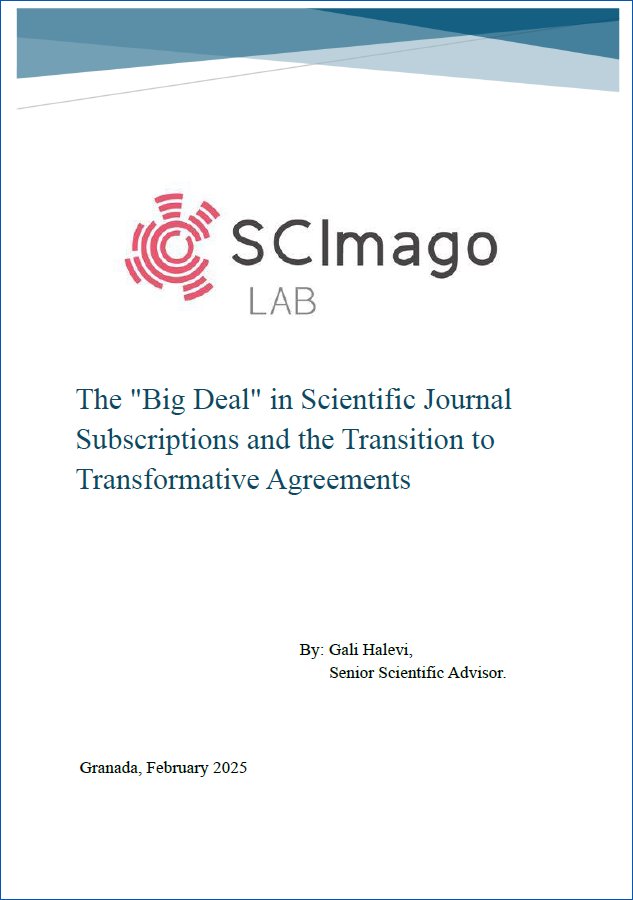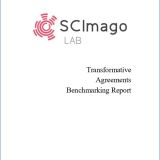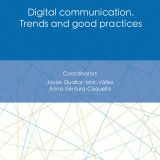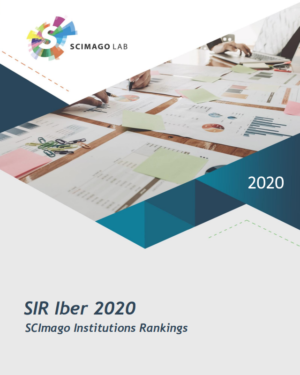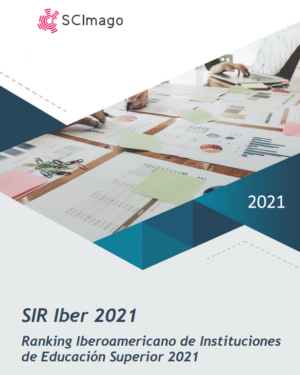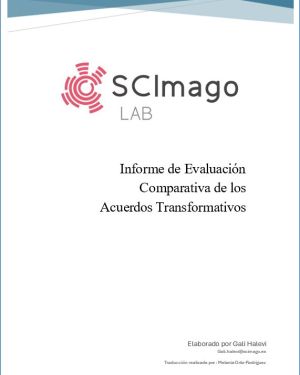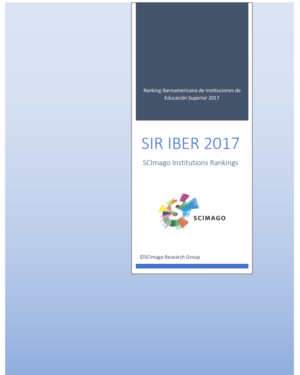Author: Gali Halevi
Senior Scientific Advisor SCImago Lab
Abstract
This report examines the ongoing transformation in scholarly publishing, focusing on the decline of the traditional “Big Deal” journal subscription model and the rise of transformative agreements (TAs) and open access (OA) alternatives. The transition toward OA reflects a broader effort to democratize access to scientific knowledge, reduce financial barriers, and ensure equity in global research dissemination. However, while transformative agreements represent progress, they are not a panacea and may perpetuate systemic inequities if not critically implemented and supplemented by alternative models.
Transformative agreements, which combine subscription-based access with open access publishing provisions, are increasingly adopted by institutions seeking a more cost-effective and accessible model. These agreements align with initiatives like Plan S and respond to demands for immediate, unrestricted access to publicly funded research. Evidence suggests that TAs can reduce institutional costs —potentially by up to 30%— and provide more predictable budgeting for research output dissemination. Yet concerns persist about affordability, particularly due to Article Processing Charges (APCs), which may transfer the financial burden from institutions to individual researchers and marginalize scholars from underfunded institutions or low-income countries.
Given these limitations, the report explores alternative publishing models that may better address affordability and equity. The Diamond Open Access model, which eliminates charges for both authors and readers, is highlighted as a promising approach. It relies on funding from institutions, consortia, grants, and sponsorships, and aims to build a more inclusive system that ensures all researchers can publish and access work regardless of financial resources. Additionally, community-driven publishing initiatives are gaining traction, emphasizing collaboration, decentralization, and grassroots support. These models foster academic independence and knowledge sharing outside traditional commercial publishing frameworks.
The report also presents a detailed set of recommendations aimed at enhancing negotiation power and fostering a sustainable OA ecosystem, particularly for Latin American institutions. These include collective bargaining among universities and governments; incorporating OA clauses into contracts; developing centralized data collection systems for subscriptions and APCs; and formulating national policies that promote OA and fair pricing. Capacity-building through training negotiators, leveraging regional platforms such as SciELO and LA Referencia, and engaging in international collaboration are further proposed to strengthen strategic positioning. Advocacy campaigns are also recommended to raise awareness among researchers, policymakers, and the general public.
Ultimately, while transformative agreements offer a transitional solution, achieving a truly equitable and sustainable publishing system requires ongoing innovation, policy development, and institutional collaboration. Latin America, with its strong history of regional OA initiatives, is well positioned to lead in developing inclusive models that address the shortcomings of both the traditional subscription system and emerging APC-based approaches. The report underscores the need for a multipronged strategy that includes exploring alternative models like Diamond OA, supporting community-led publishing, and building capacity for negotiation and advocacy. By doing so, the academic community can move closer to an open, fair, and globally inclusive system of scholarly communication.


